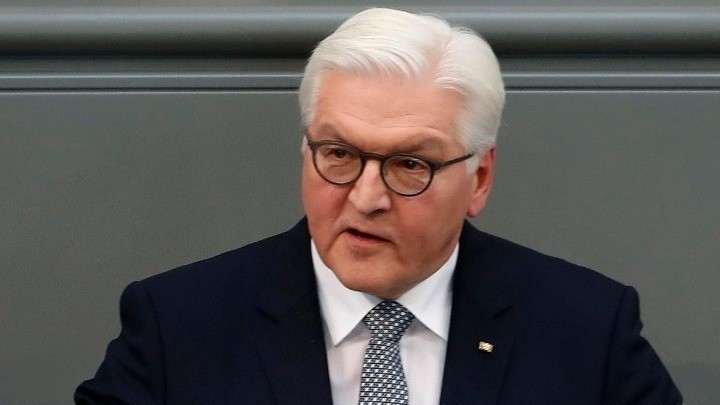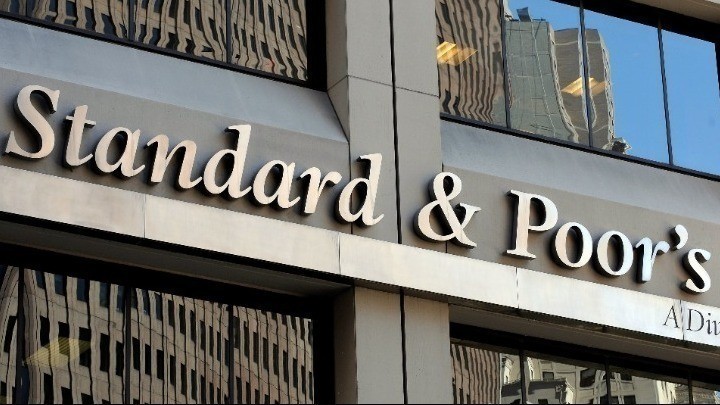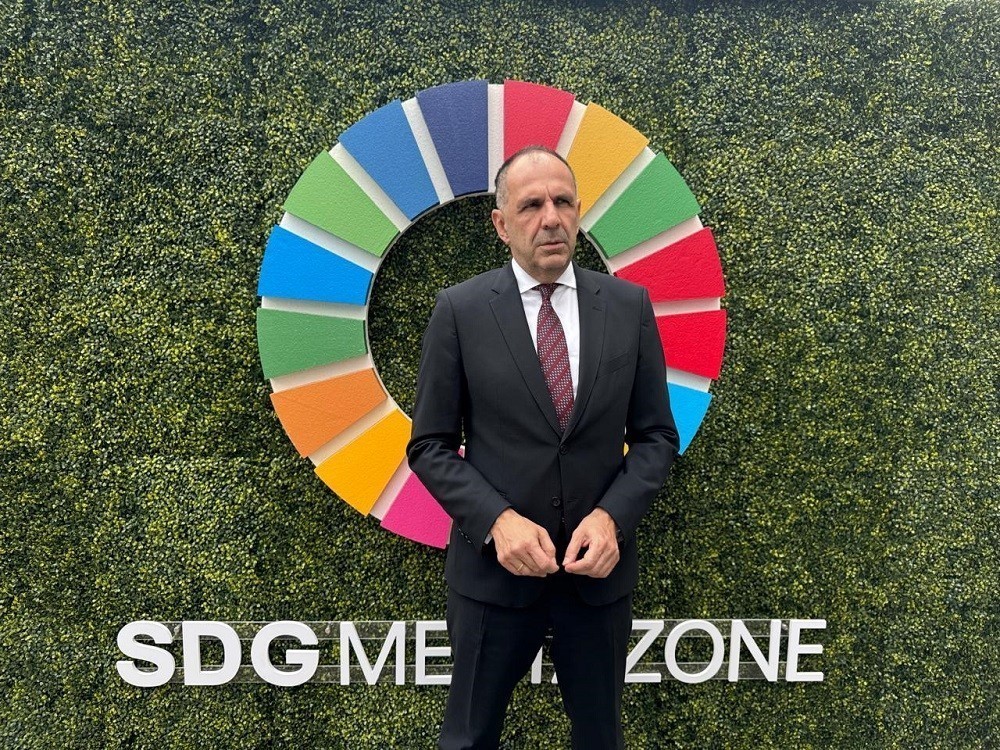
Opposites Attract: May and Tsipras ideal Trump allies in Europe
By Vassilis Kopsacheilis*
Donald Trump’s anti-systemic rhetoric and his focus upon America’s domestic economic problems combined with promises for a protectionist foreign and economic policy agenda in order to bring back jobs in the country, led him to the White House.
His political success fueled hopes across Europe’s Eurosceptic leaders and parties, like the far-right German AfD or Geert Wilders (PVV) and Jean-Marie Le Pen (Front National) in Holland and France respectively, for similar success in their own countries upcoming elections.
Although, Trump’s rhetoric sounds very similar to what revisionist parties across Europe declares, in fact, there is much difference between the two cases.
In the US, democracy is historically not under question and economic growth is vehicle for further security and democracy in the country. This case does not apply to Europe. Strong nationalist aspirations, far right-wing populism and anti-Islam rhetoric resurrect Europe’s deepest nightmares of the past that traditionally led to disequilibrium and totalitarianism, instead of stability and democratic rule.
Today, Europe’s far right-wing parties are looking forward to establish bridges with the White House, and their Eurosceptic leaders are seeking affiliations with the new political establishment in Washington. Positively responding to their calls, Trump’s presidency is taking the risk of been exposed to tough criticism from his opposition and been accused for relations with “Nazis” or anti-liberal forces. It is the last thing that the White House is willing to face this moment.
In fact, there are only two anti-systemic leaders in the EU that Trump’s presidency can safely view them as strong allies. The first is the British Prime Minister Theresa May who is looking forward to quickly renew the British-US “special relationship” to leverage its Brexit battle towards Brussels in the coming spring. The second leader is the Greek Prime Minister Alexis Tsipras who tries to lower Greece’s dependency from debtors like the IMF or German predominance, as long as, to balance Russian influence and Turkish revisionism in Southeast Mediterranean.
“Opposites attract” said Theresa May earlier this week, before her meeting with Donald Trump in Washington on Friday. Both, the British and the Greek PM’s, are of opposite origin to the new US President, but sometimes interests make the rules of nature be relevant to international politics.
- Mr. Vassilis Kopsacheilis is geostrategic analyst, author and lecturer on international politics.

